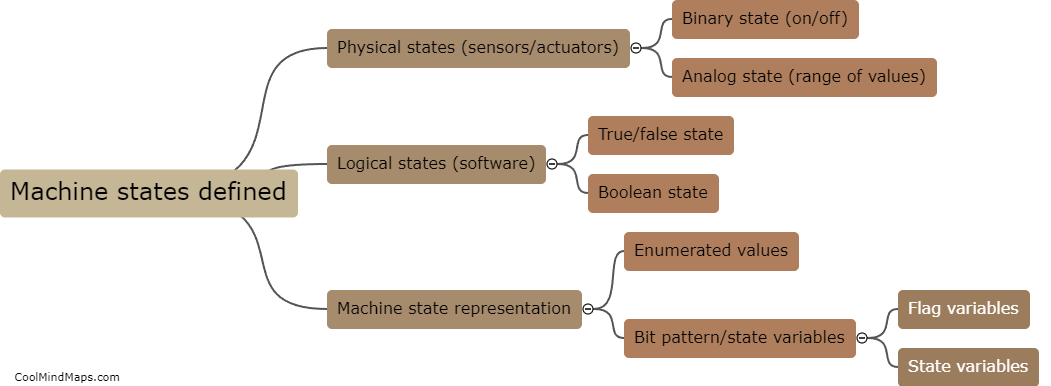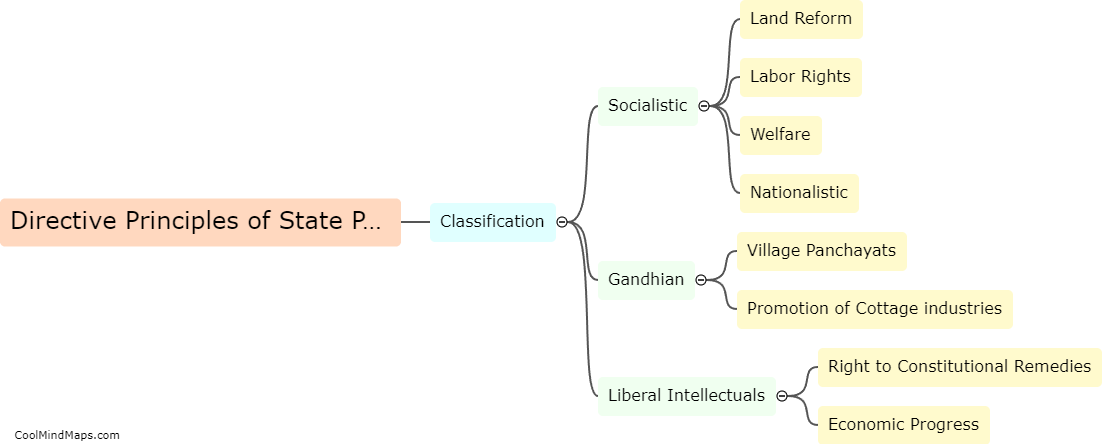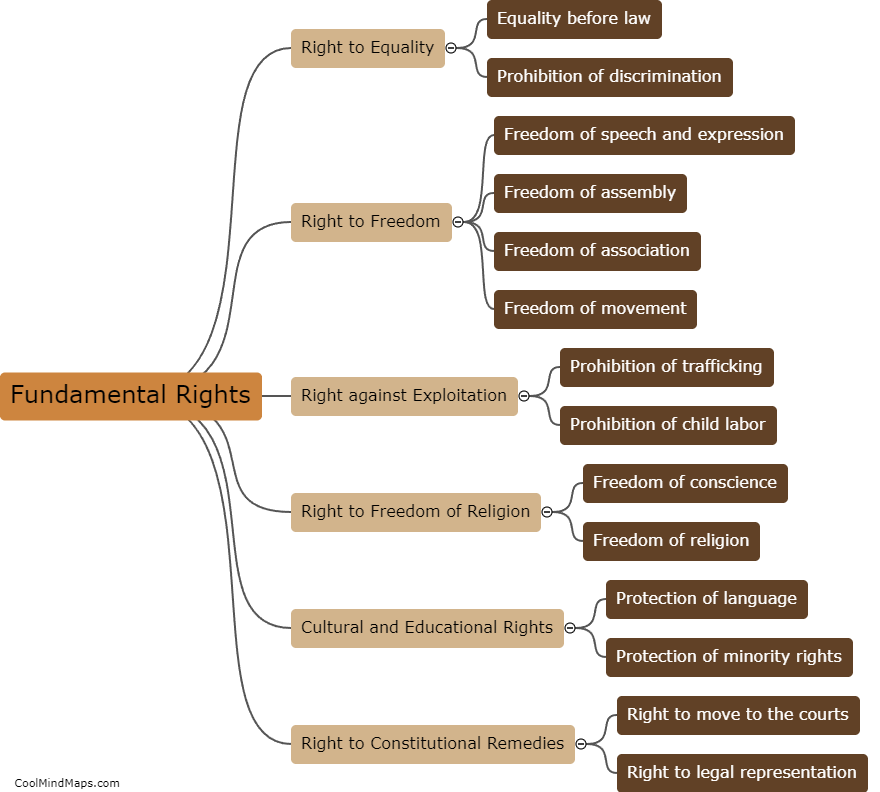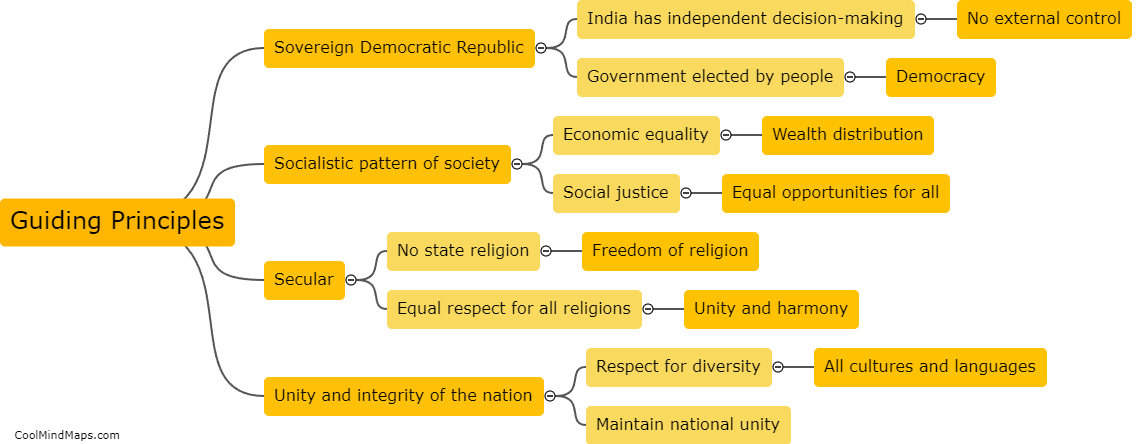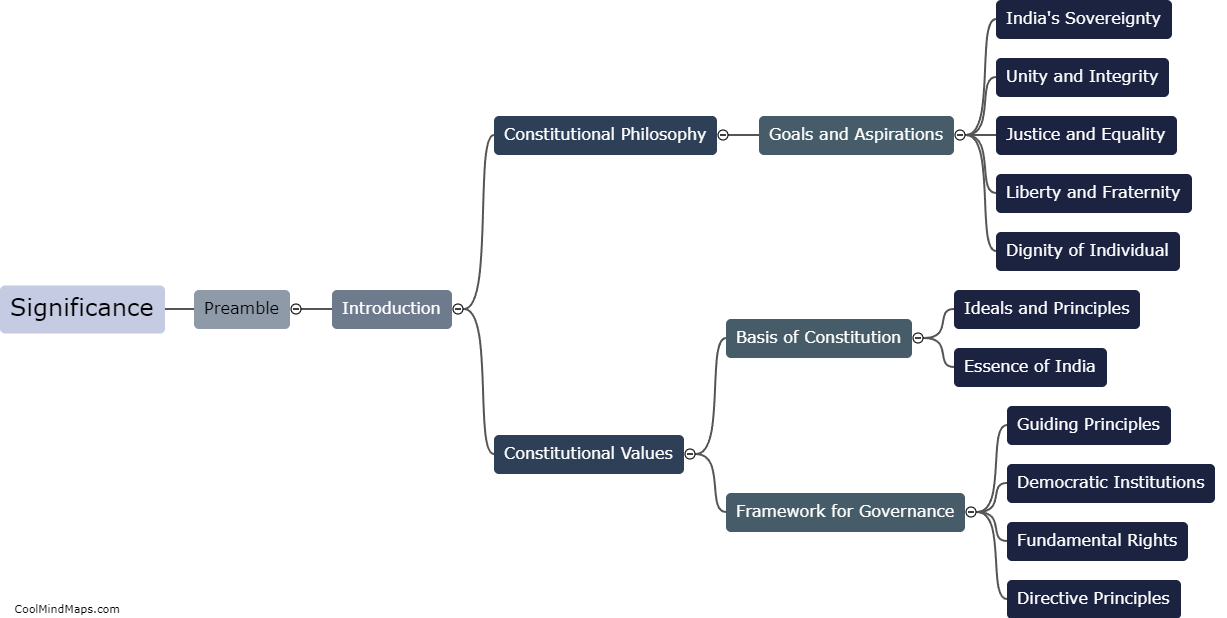How does blockchain ensure transparency and integrity in elections?
Blockchain ensures transparency and integrity in elections by providing a decentralized and immutable platform for recording and verifying votes. The technology eliminates the need for intermediaries as it allows direct peer-to-peer transactions, making it extremely difficult for any single entity to manipulate the results. Each vote is recorded on a tamper-proof and publicly accessible ledger, ensuring transparency. Moreover, the use of cryptography and consensus algorithms ensures the integrity of the data, preventing any unauthorized modifications. Blockchain technology can also enable voters to verify their own vote, ensuring that it is correctly recorded and counted. Overall, by leveraging blockchain, elections become more transparent, tamper-proof, and trustworthy, thereby enhancing the democratic process.

This mind map was published on 23 August 2023 and has been viewed 108 times.

